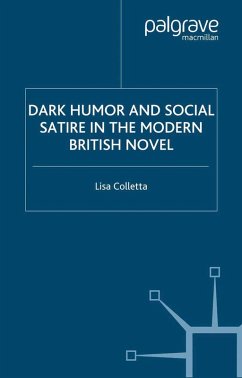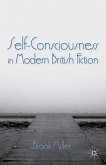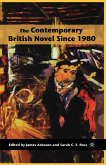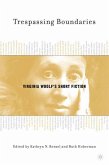Colletta uses psychoanalytic theories of joke-work and gallows humour to argue that dark humour is an important, defining characteristic of Modernism. She brings together the usual suspects alongside more often overlooked writers from the period, and asks probing questions about the relationship between a dark humour that 'revels in the non-rational, the unstable, and the fragmented, and resists easy definition and political usefulness' and the historical and social circumstances of the period. Colletta makes a compelling argument that probing deeply into the nature of humour or satire that define these 'social comedies' brings to light a more complex, and more accurate, understanding of the social changes and historical circumstances that define the modern era.
Dieser Download kann aus rechtlichen Gründen nur mit Rechnungsadresse in A, B, BG, CY, CZ, D, DK, EW, E, FIN, F, GR, HR, H, IRL, I, LT, L, LR, M, NL, PL, P, R, S, SLO, SK ausgeliefert werden.









